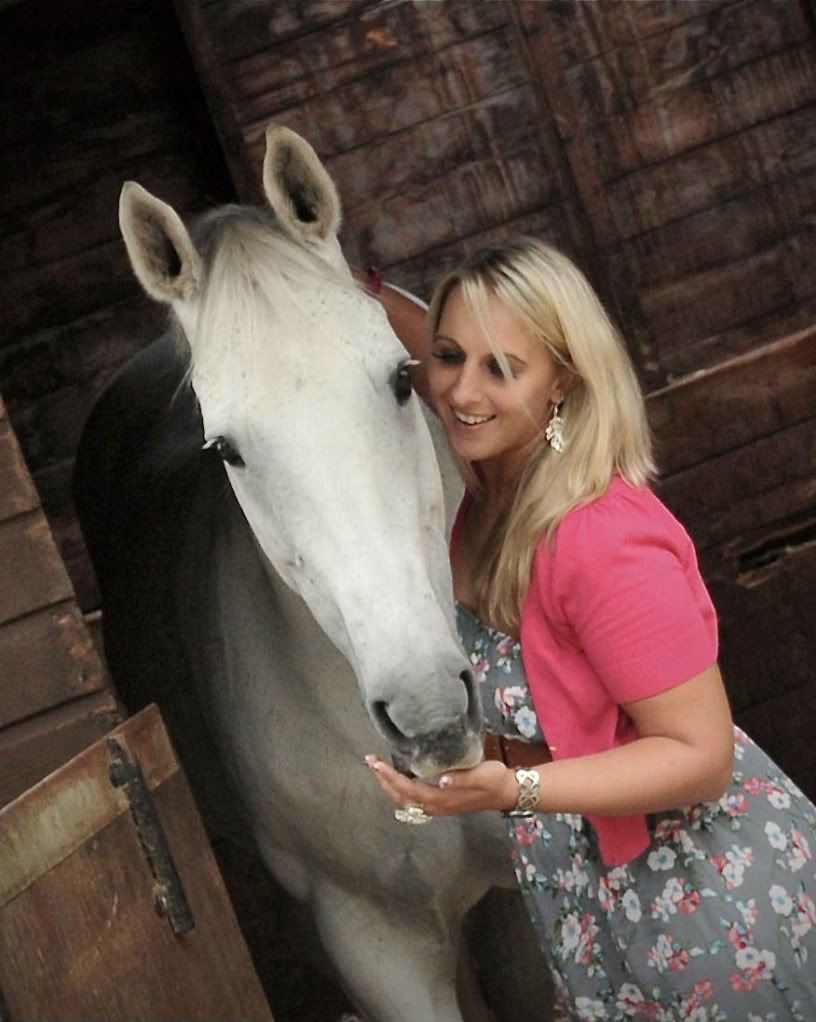This is a general guide to help you start thinking about your animals in the Spring and Summer seasons, if you have any health-related queries or worries it is always best to consult your vet.
Dogs and Cats
With the warmer weather comes the explosion in breeding among fleas and ticks. Regular prevention and treatment is the best way to avoid an infestation, and Spring is the perfect time to start. There are a number of treatments available, including drops, sprays and powders. More information about fleas and ticks is available on the UK Vets Online website.
Worming regularly is also very important as you may not even realise your pet has an infestation – the signs aren’t always obvious. Worms carry health risks not just for your pets but for you also. For an effective worming routine you will need to speak to your vet, but here’s some further information in the meantime.
Rabbits and Guinea Pigs
These small furries are protected during the winter in their hutches, but in the Spring & Summer they can be allowed to have a bit of freedom in your garden, with the aid of a run. These can be bought as standard, or are quite easily made from timber and chicken wire. Make sure to move the run around every few days, and don’t leave them unattended (ie go shopping and leave them outside in the run).
Garden Pond
This may not jump immediately to mind when thinking of animals and pets but we mustn’t forget the garden pond in the Spring! Over the winter period pond water becomes full of leaves and debris, meaning we can’t see our fish, so now is the time to give it a good spring clean – and here is a great article that will help you with where to start!
Spring and fresh new grass can bring problems for your horse or pony, such as:-
Laminitis – unlimited grazing of lush green grass and horses that are prone to being overweight can lead to this painful condition, characterized by inflammation of the laminae attaching the coffin bone to the hoof wall.
Colic – Another result of too much lush grass is colic, and signs may include stretching the stomach to relieve discomfort, pawing at the stomach and rolling.
Mud fever – caused by bacteria, fungus or mites, this can affect the legs, belly and neck (known as rain scald) of horses living in rain-soaked, muddy pastures. Prevention is better than cure, so try to limit grazing in muddy areas, and rotate paddocks.
Consult your vet if you suspect any of these problems.
Horses and ponies also need a regular worming routine, for which you should consult your vet, however here is a useful guide with a suggested diary.
Please visit our online pet accessories store Comets Corners for more details on how we – and you – can help! For every sale we make, at least 10% of our proceeds goes to our chosen animal welfare charity or organisation of the month!
And please, show your support for our cause by ‘Liking’ our new Facebook Page!
Related articles
- Symptoms of Dog Worms – Diagnosing and Treating (organic-pet-digest.com)
- How To Get Rid Of Fleas (answers.com)
- Frontline Plus Offers Flea and Tick Advice due to the Flea and Tick Season Starting Early (prweb.com)
- Natural Dog Flea Medicine and Products – Treatment & Prevention (organic-pet-digest.com)
- Natural Pet Care – How to treat for Ticks and Fleas (granolacatholic.blogspot.com)
- How You Can Stop Flea Infestations Forever (mypetkingdom.info)
- Get those fleas (foodstaycation.com)
- Hints About Flea And Tick Prevention (mypetkingdom.info)
- Pollen and Your Pet (athensunleashed.wordpress.com)
- What Is Equine Grass Sickness? (cometscorners.wordpress.com)
- Veterinarians Worried Worst Flea Season About To Begin (fox2now.com)
- Fleas and Skin Rash (organic-pet-digest.com)





Pingback: Signs of illness in your dog – what to look out for | cometscorners
Pingback: Signs of illness in your cat – What to look out for | cometscorners